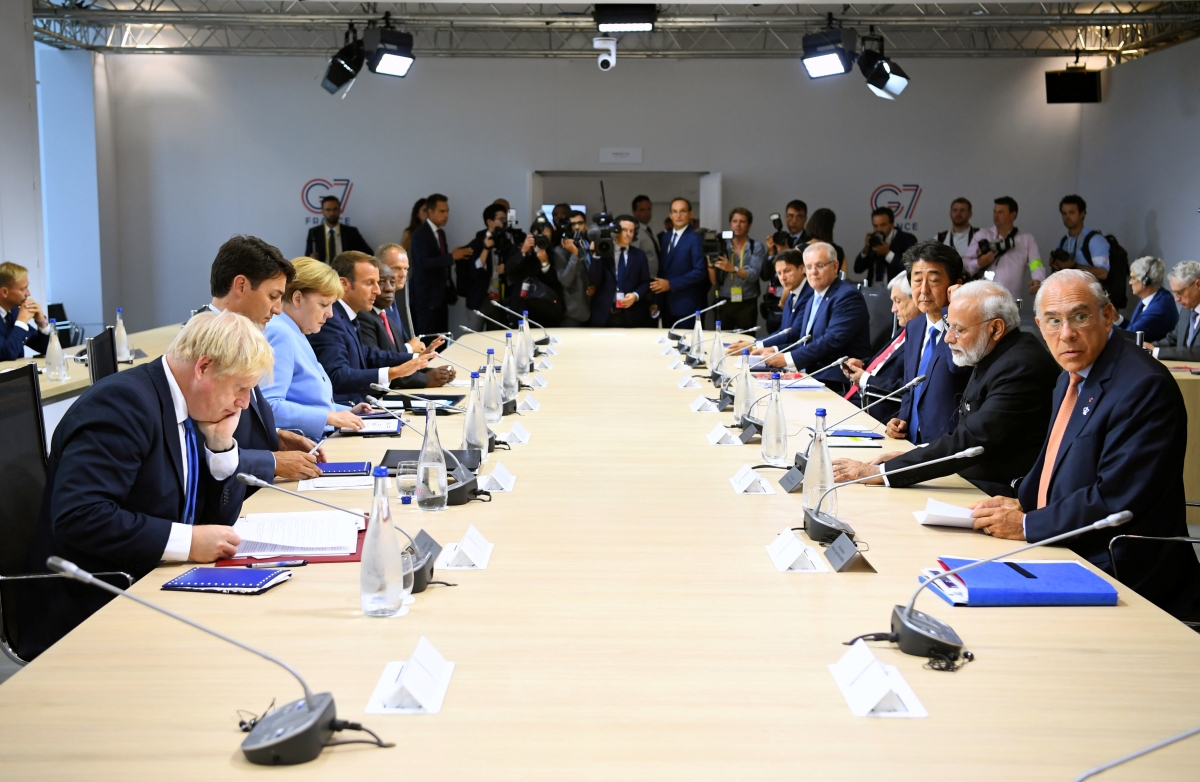India at G7 — Myth of Multipolarity
The Indian Express

The following is an excerpt of ASPI Senior Fellow C. Raja Mohan's op-ed originally published in The Indian Express.
The political outcomes from the G7 summit that concluded on Sunday raise questions about the Indian thinking on a multipolar world. The summit signalled Western unity against the simultaneous challenges presented by Russia and China. More deeply, it reflected the resilience of the Western alliance despite the many differences among the U.S. and its partners.
But the myth of multipolarity endures in Indian foreign policy discourse even as a bipolar world takes shape. While official Delhi is nimbly adapting to the realities of a bipolar world, the Indian foreign policy discourse continues to be tied down by multipolar confusion. But first, to the G7 summit in Hiroshima.
The G7 leaders reaffirmed their solidarity with Ukraine in its battle to end Russian occupation of its territory while intensifying sanctions against Moscow. They also sought to narrow the differences within the group on how to deal with China. The G7 declaration finessed the differences on China between the U.S. and Europe by stating that they do not seek to “decouple” from the Chinese economy and that they are not against Beijing’s economic growth.